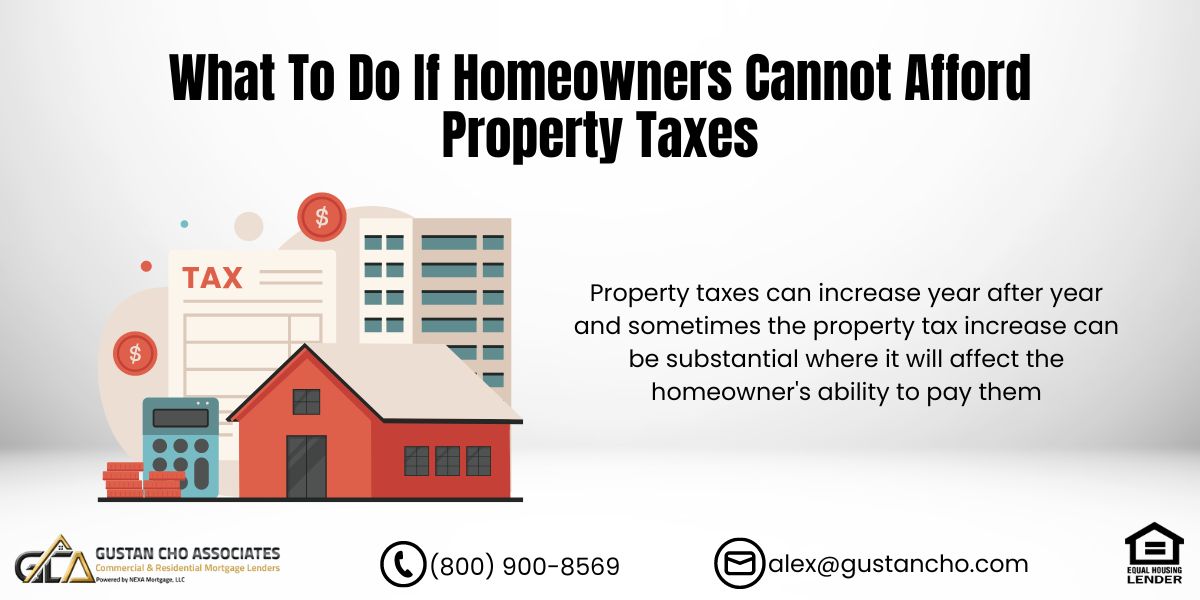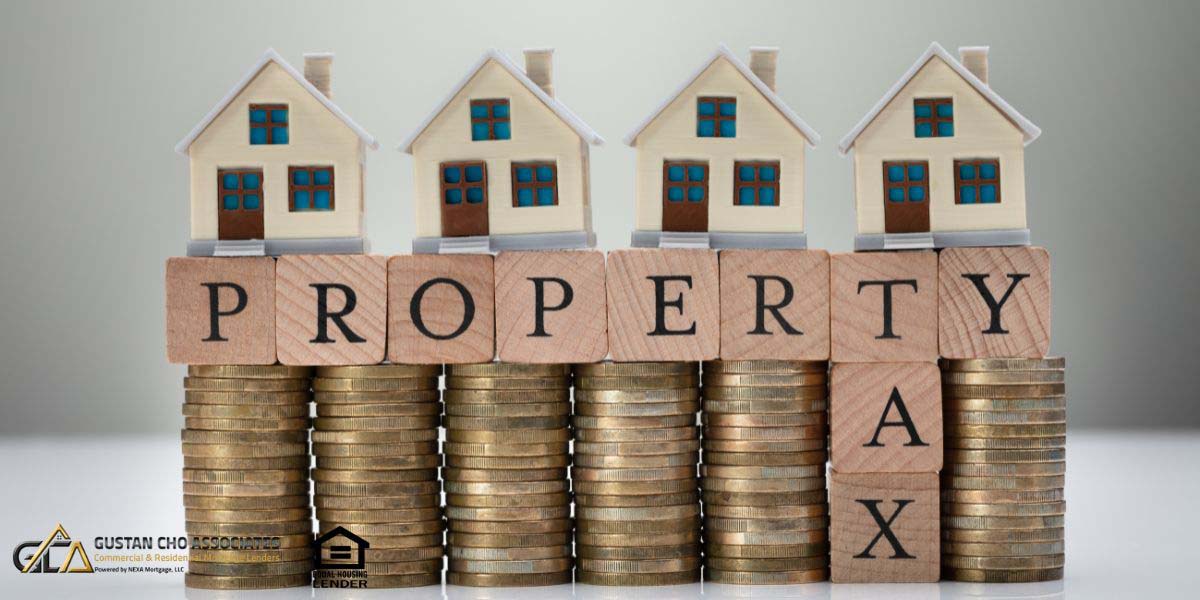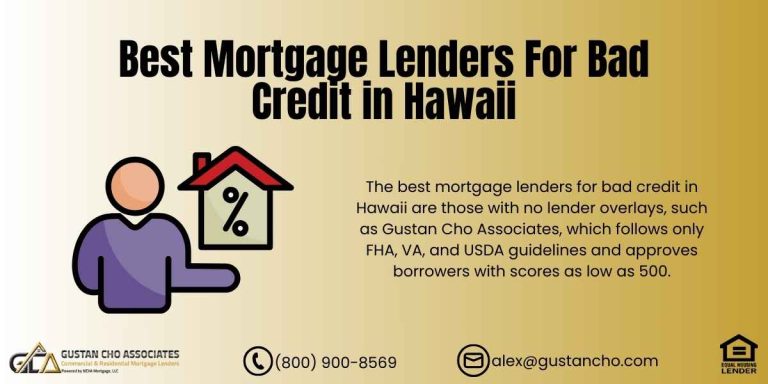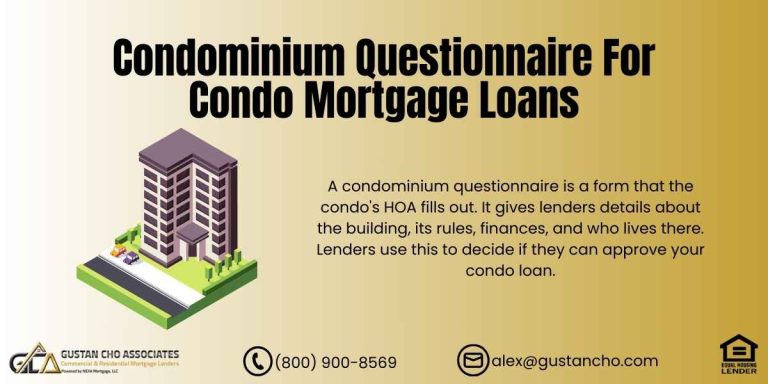What To Do If Homeowners Cannot Afford Property Taxes:
Every homeowner has to pay property taxes. Homeowners who own home free and clear, property taxes must be paid.
- Homeowners insurance is optional for homeowners who own their property free and clear
- However, all lenders will require borrowers to have homeowners insurance
- All property taxes will be part of housing expenses for homeowners whether they have a mortgage or not
- There is no set formula on property taxes
- Every county has different property tax rates
- For example, a 3,000 square foot home on one acre in Springfield, Illinois, property tax can be $2,000
- The same 3,000 square foot home on an acre of land in Beverly Hills, California can be $40,000 per year
- Property taxes vary from county to county and state to state and is mainly based on the assessed value of the property
- The higher it is assessed, the more the county will charge for property taxes
Basics On Property Taxes
Property taxes are a secured claim against the subject property.
- It is not attached to the homeowner and it does not go on a credit report if homeowners are late on property taxes
- Homeowners cannot be criminally liable for not paying property taxes
- In the event if a property goes through foreclosure with back property taxes at the time of the sheriff’s sale, the delinquent property taxes stay with the property and homeowner will no longer be liable for the delinquent property taxes
Ready to Make Your Homeownership Journey Easier? Let Us Help You with Your Home Loan Needs!
Contact us today to learn about your mortgage options and how we can help you achieve your goals.
What Do I Do if I Can’t Pay My Property Taxes?
Suppose you’re unable to pay your property taxes. In that case, there are several steps you can take to address the situation and avoid serious consequences like penalties, interest, or even foreclosure. Here are some options to consider:
- Contact Your Tax Assessor’s Office: The first step is to contact your local tax assessor’s office or tax collector. They can provide information on any available relief programs or payment options.
- Payment Plans: Many areas provide options for paying taxes in increments instead of a single payment, making it simpler to handle payments over some time.
- Tax Relief Programs: Investigate whether your area offers tax relief programs, such as exemptions, deferrals, or reductions, especially for seniors, veterans, disabled individuals, or those with low incomes.
- Hardship Programs: Some areas have hardship programs for taxpayers experiencing temporary financial difficulties. These programs can offer temporary relief or extended payment options.
- Refinancing or Loans: Consider refinancing your mortgage to include your property taxes or obtaining a loan to cover the tax bill. Be cautious with this option, as it may lead to higher debt in the long run.
- Tax Counseling Services: Seek assistance from tax counseling services or financial advisors. They can help you understand your options and develop a plan to manage your property tax payments.
- Appeal Your Assessment: If you think your property tax evaluation is excessive, you can challenge it. Decreasing the evaluated value of your property can result in a reduced tax liability. This procedure usually requires proof that your property has been appraised too high.
- Community Assistance Programs: Look into community-based programs or non-profit organizations that offer assistance with property taxes for those in need.
Taking proactive steps and communicating with the appropriate authorities can help you manage your property taxes more effectively and avoid more severe consequences.
Delinquent Property Taxes: Cannot Afford Property Taxes?
Property taxes can increase year after year and sometimes the property tax increase can be substantial where it will affect the homeowner’s ability to pay them.
- The county is not allowed to start foreclosure proceedings immediately if you owe the county back property taxes or are behind on property taxes
- Most states require that the property needs to be in default status for a minimum of five years before the county can start foreclosure proceedings
- If you are behind your property taxes or had a substantial property tax increase and can no longer afford your housing payment due to the tax increase, there are some options available to you
Property Tax Hikes: Cannot Afford Property Taxes
Homeowners who recently had a substantial property tax hike and that hike are affecting the ability to make monthly mortgage payments, there are several options.
- The first option is to immediately contact mortgage lender where they can do a workout or loan modification with current mortgage loan so it can be affordable
- This may be extending the term of a current mortgage loan or lowering mortgage rate
- The lender may also pay the back due property taxes in advance and work out a payment plan through mortgage escrow
Property Tax Appeal: Cannot Afford Property Taxes
Homeowners can also see if they can do a property tax appeal.
- Check to see what neighbors are paying for property taxes or check to see what similar properties are being taxed for within a one square mile radius
- If similar and like properties like are being taxed less, homeowners can do a property tax appeal with the county
- This should be done regardless of whether they can or cannot afford the property taxes
- Another option is to enter into an installment plan of redemption which is a 5-year property tax payment plan that allows a homeowner to repay property taxes in arrears in five separate installments
- Homeowners need to check with their lender whether they will allow such a repayment agreement for paying property taxes in default
- County might also have special property tax reduction plans for seniors, disabled, and blind homeowners
Looking to Improve Your Home’s Value or Secure a Better Loan? We’re Here to Help!
Reach out today to explore refinancing, home equity, or mortgage solutions that fit your needs.
Who Qualifies for Homeowners Exemption?
Some lenders have overlays that require you to have at least 3 credit accounts that have been active for at least 24 months, while others only need 12 months.
According to DU FINDINGS, some lenders also require rental verification, even though it’s unnecessary. Some lenders may require borrowers to pay off all unpaid old collections before closing as part of their overlay requirements, even though others may approve mortgage loans with unpaid old collections.
The maximum back-end debt-to-income ratio for FHA loans is 56.9%. However, many lenders impose overlays that lower this limit, capping it at 50% or even lower. At Gustan Cho Associates, we offer FHA Mortgage Loans With No Overlays, meaning we stick to the basic FHA guidelines without adding these extra requirements.
At What Age Do You Stop Paying Property Taxes?
The age at which you might stop paying property taxes varies by location and is typically not a complete exemption but rather a significant reduction or deferral of property taxes. Many states and localities offer property tax relief programs for senior citizens, but the specifics can differ. Generally, these programs have the following common elements:
- Age Requirement: Most programs are available to homeowners aged 65 or older, although some might have different age thresholds.
- Income Limits: Many property tax relief programs also have income limits to ensure the benefit goes to those in need. The limits can vary considerably based on the jurisdiction.
- Application Process: Homeowners must usually apply for these exemptions or deferrals through their local tax assessor’s office. This application may need to be renewed annually or periodically.
- Residency Requirement: Typically, the property must be the applicant’s primary residence.
For example, in some states like New York, the Senior Citizen Homeowners’ Exemption (SCHE) reduces property taxes for eligible seniors based on income. In California, Proposition 60 allows seniors to transfer their property tax base from one home to another under specific conditions. It’s important to check with your local tax assessor’s office for detailed information and to determine what specific programs might be available in your area.
FAQs: What To Do If Homeowners Cannot Afford Property Taxes
- 1.What should I do if I cannot afford my property taxes? Contact your local tax assessor’s office for information on relief programs or payment plans. Consider options like tax relief programs, hardship programs, refinancing, or obtaining a loan to cover the taxes.
- 2. What are the consequences of not paying property taxes? Penalties and interest will accrue, increasing your debt. The government can place a tax lien on your property, affecting your credit. If unpaid, the property may be sold or foreclosed, potentially resulting in the loss of your home.
- 3. Can I appeal my property tax assessment? Gather evidence that your property is overvalued and appeal to lower your assessed value and tax liability. You may also consider an installment plan for paying arrears over five years.
- 4. Are there any property tax relief programs for seniors? Many areas offer tax relief programs for seniors, typically requiring applicants to be at least 65 years old and meet income limits. These programs usually involve significant reductions or deferrals in taxes.
- 5. What happens if I cannot pay my property taxes due to a recent hike? Contact your mortgage lender to discuss workout options or loan modifications. You may also appeal the tax assessment or look for special tax reduction plans for seniors, disabled, or blind homeowners.
If you have any questions about What To Do If Homeowners Cannot Afford Property Taxes or you to qualify for loans with a lender with no overlays, please contact us at 800-900-8569. Text us for a faster response. Or email us at alex@gustancho.com. The team at Gustan Cho Associates is available 7 days a week, on evenings, weekends, and holidays.
This blog about What To Do If Homeowners Cannot Afford Property Taxes was updated on June 10th, 2024.
Homeowners, Looking to Make Changes? Let Us Help You Navigate Your Mortgage Options!
Contact us today to discover the best home loan solutions for your situation.









